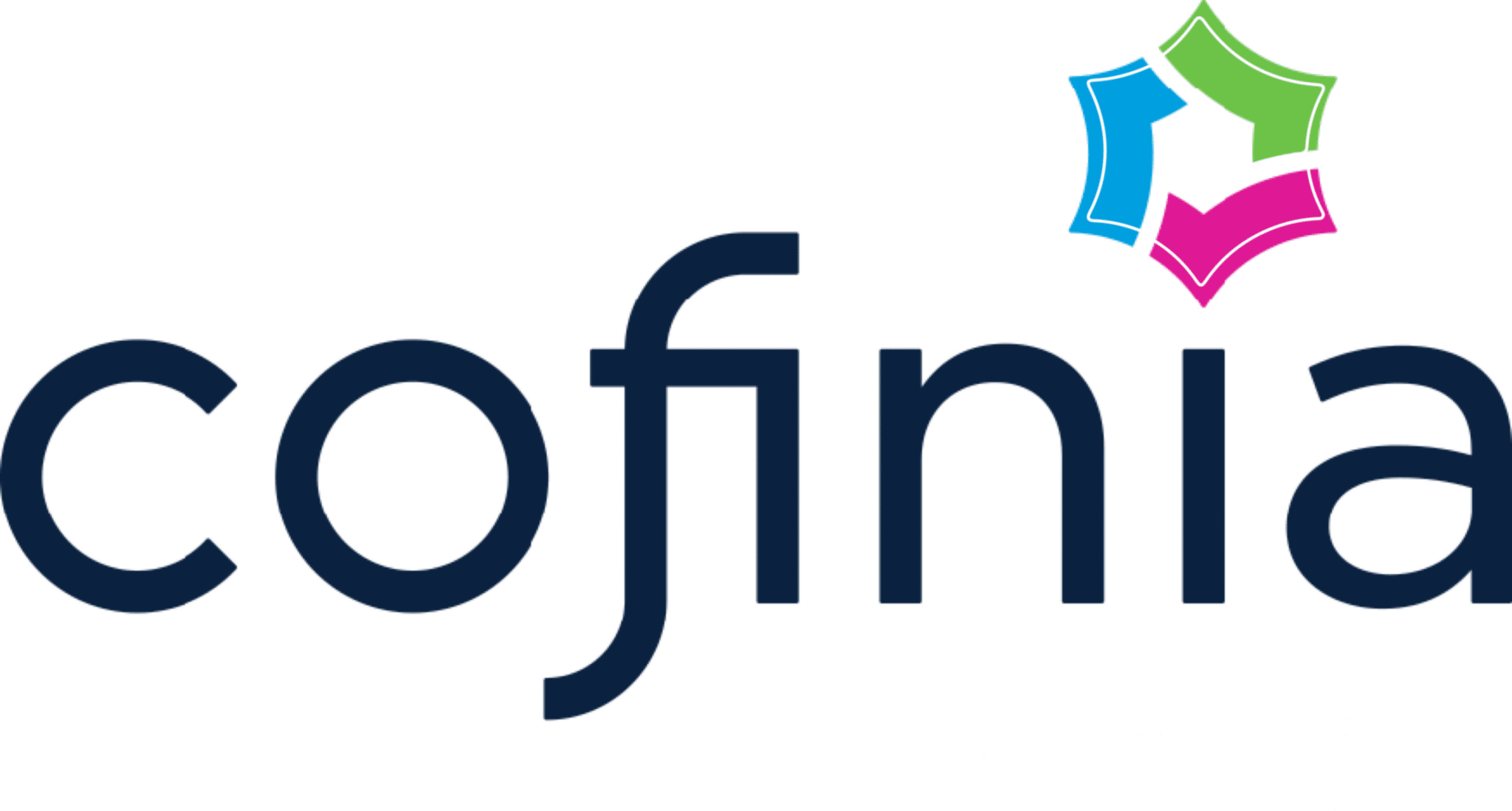One of the fundamental aspects of any business is to maintain its relationship with its consumers and potential customers. Although this relationship can be natural and intuitive, it can quickly become more complex to manage, especially if you consider that the number of customers is only increasing over the years.
Without the help of a management tool (marketing campaign management, comprehensive sales management, contract management, email management, or lead management), businesses face common irritants such as losing track of tasks and calls, lack of visibility into the activities of sales representatives, loss of information regarding exchanges with the customer, loss of potential business lines, etc.
In order to properly maintain their relationship with their customers, most companies use a CRM (Customer Relationship Management) system, also called a customer relationship management (CRM) system.
Customer relationship management represents all the technological tools used to identify, process and analyze the needs and expectations of customers or prospects in order to better satisfy them and retain them. Implementing CRM software can only be beneficial for your business since good customer relationship management gives you the opportunity to offer more targeted and personalized services and improve your profitability and performance.
To be effective and profitable, this technological tool must have several necessary features that we will see in this article.
What is Customer Relationship Management (CRM) software?
Customer Relationship Management or CRM software is a management tool that allows the company to organize sales activities, structure the sales process, automate repetitive tasks and much more.
The purpose of this information system is to consolidate as much data as possible on each customer such as their contact details, their interests, the exchanges you have had with them, their purchase history, but also the various commercial and marketing operations with which they interacts the most in order to be able to draw up their consumer profile.
This customer knowledge will allow you to improve commercial relations, to better understand your target audience, to satisfy them and eventually to retain them. Thanks to automation, CRM software allows you to support your customer from prospecting to sales and loyalty.
It also helps you organize and manage customer relationships while improving your team’s productivity and efficiency by maximizing time spent on the right leads, sales development efforts, and sales efforts.
An effective CRM allows you to generate more and more leads, which means that you have to optimize it to save time, but by optimizing you are able to generate and manage even more leads… it’s a virtuous circle!
Contact us now if you have any questions about a CRM feature!
How important is CRM software in a business?
Good customer relationship management software enables your business to better manage and maintain customer relationships through reliable systems and processes. The software usually integrates marketing, sales and support tools with many features.
CRM software offers you several advantages, including:
Ally for all your marketing strategies
Like every business strategy, CRM allows you to put the customer at the heart of your business and all your sales and marketing strategies. Thus, it helps you plan your actions and better qualify your new prospects and analyze their interest. The CRM tells you the consumer lifecycle, allowing you to adjust your approach.
Tool for all your sales channels
CRM software simplifies your life by automating your workflow, but also by integrating perfectly with all your sales channels and providing you with relevant data.
Automating your sales force and contact management makes your sales team’s job easier and allows you to focus on value-added tasks.
Performance indicator
One of the biggest benefits of CRM software is that it provides you with relevant and actionable insights into your company’s business performance and customer behavior through real-time updates.
Most CRM software offers analytics features that allow you to more easily quantify your results, create daily dashboards and custom reports. These reports help you segment your customers, personalize your marketing goals, manage your campaigns more efficiently, and more.
Way to build customer loyalty
With the easy access to customer data provided by the CRM, it is now easier to retain them.
Did you know that retaining a customer costs up to 10 times less than acquiring a new one?
Loyalty is therefore a key factor in the success of companies. After all, loyalty translates into sales and visibility.
At Cofinia, our specialty is to support SMEs and entrepreneurs in solving their management problems, creating value, propelling their growth and improving their financial and commercial performance. We use our business skills as well as high-performance technological tools to provide you with advice and expertise in order to achieve your company’s accounting, financial and management objectives.
7 essential features of a CRM
In order to take advantage of all these advantages, you have to make the right choice when choosing your CRM software. There are hundreds of CRM software on the market and as you can imagine, their features, functionality and prices vary. To make sure you make the right choice, here are 7 key features your software should have:
1. Lead Management
A “lead” or prospect refers to anyone who contacts you to obtain information. Once the lead is registered in your CRM, you must qualify the lead to determine if they become a sales opportunity (if they demonstrate an interest in wanting to buy). A prospect is therefore converted – or not – into an opportunity. By the same token, the prospect is then transformed into a contact; as in a contact directory for a company.
Your CRM tool must allow you to inventory these contacts according to different factors such as their buyer profile, their interest in the brand, etc. It should allow you to manage the conversion process throughout the sales cycle.
This element is absolutely an essential in functionality. The possibility of having a “pipeline” of opportunities makes it possible to see the progress of the opportunities within the different stages of the sales funnel (ex: interest shown – analysis of needs – submission of a service offer – in expectation – opportunity won or opportunity lost).
2. Customer management
When a prospect turns into a customer, that does not mean that we should give him less importance. On the contrary, your CRM must ensure that it has good customer service, whether at the level of the after-sales service put in place in order to better meet the needs of the customer or to be able to detect opportunities for improving your services.
CRM software cannot just store customer information. It must allow you to follow up on them according to their specific interests and give you the possibility of upselling your existing customers in order to better satisfy them.
3. Managing and tracking interactions
Tracking customer interaction history is a very important feature of a CRM. It allows integration with your mailbox which allows you to have visibility on all emails exchanged with the prospect or contact in the history. However, not all CRM tools allow this integration.
Being able to document conversations with customers and follow their journeys as they happen allows you to better understand their needs and improve the overall process.
4. Email integration
Tracking emails through a traditional inbox can quickly become complex and difficult to track. This is why integrating CRM software with email tools such as Gmail or Outlook can be very useful and help your team members stay organized and productive.
Your marketing teams can integrate their calendars to schedule appointments and automatically generate email templates so the sales team spends less time writing the same emails.
5. Personalization
No two businesses are the same, so the best CRM software will fit your business and meet your unique needs. Some CRM solutions even let you choose which features to include and customize them to suit your needs and way of working.
More and more CRM software offers advanced API integration options, allowing developers to manipulate technical specifications for complete customization of your solution and its integration with the commercial solutions you already use.
6. Real-time data
Real-time data tends to become the main driver of CRM software. The usefulness of this feature is that this data helps you make accurate and informed decisions and better prioritize your stocks, target markets and products based on trends.
7. Analysis tools and activity reports
Reporting is the functionality that brings together the results of your sales and marketing efforts. The reports generated by the tool give you an idea of the number of leads generated during a certain period or per sales representative, the effectiveness of your newsletter campaigns or the calls you make.
It provides you with a deeper understanding of your sales process, all the numbers generated and the company’s sales performance. The “CRM Analytics” tool provides an overview of customer data. This data is important because it can help you make better strategic decisions whether it’s about product design, targeting your customer base, marketing strategies, marketing your products or services, etc.
Sales forecasting is also a key feature in CRM software since it allows you to generate revenue forecasts based on data and trends already recorded.
Being aware of this information allows you to anticipate customer needs and market changes in order to make objective and informed decisions about the future of your business.
Use your CRM software to its full potential by featuring dashboards with your key performance indicators , ROI sections and other real-time analysis tools.
Zoho CRM: An indispensable tool for SMBs
Zoho CRM is a world-renowned solution trusted by more than 150,000 companies worldwide. This solution allows SMEs to convert more leads, to communicate effectively with their customers, to retain them and to boost their turnover.
With Zoho CRM you can:
- Automate every aspect of your sales process
- Measure the effectiveness of your marketing campaigns and communication channels on social networks
- Get real-time data and reports
- Monitor your key performance indicators (KPIs)
- Get future forecasts of your sales, business proposals, business actions and new business opportunities
- Integrate your daily applications and external data (such as relational databases) with your CRM tool
- Customize the dashboard with custom fields
- Take advantage of team collaboration
Zoho CRM is a tool that makes your life easier with its intuitive and easy-to-use features. The software offers you a simple user interface, support for configuration and training, flexible monthly contracts and a customizable development platform that facilitates the integration of the software with various existing applications in the company.
Moreover, Zoho CRM is available in multiple formats including the mobile app so you can check, design and manage your sales from anywhere with mobile access.
Zoho support
When you first get started with Zoho CRM, it’s normal to encounter some difficulties, particularly in terms of organizing information, software architecture and good practices to put in place quickly. Do not panic ! We’re here to guide you and simplify a few terms used by Zoho CRM software.


